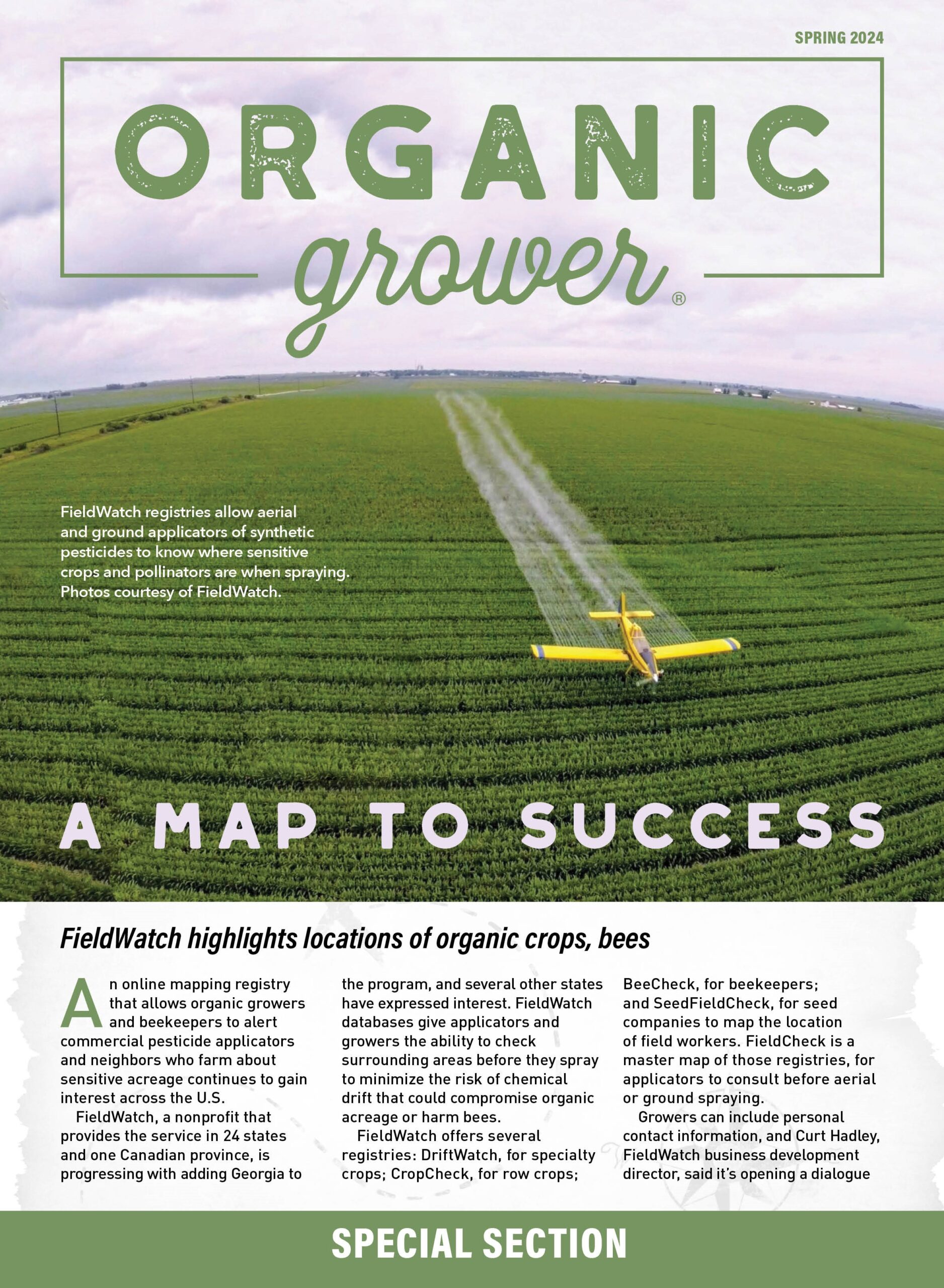
Dec 15, 2021
Fetzer Vineyards in Mendocino County gets Regenerative Organic Certification
Fetzer Vineyards, the largest winery in the U.S. certified as a B Corporation and a leader in regenerative winegrowing, announced December it has achieved Regenerative Organic Certification (ROC) for all of its Mendocino County vineyard holdings and winery.
Fetzer Vineyards is the world’s largest winery to obtain ROC certification, and is the third winery to certify to the standard, which publicly debuted in 2020, according to a news release from the company. Long at the vanguard of regenerative viticulture in California, Fetzer Vineyards continues to demonstrate the highest levels of adherence to responsible business and farming practices with this latest achievement.
The ROC certification includes, and goes above and beyond basic organic certification. Certified at the ROC Silver level, Fetzer Vineyards has demonstrated adherence to rigorous standards across the program’s applicable pillars – soil health and social fairness – and committed to ongoing improvement, a core requirement of ROC certification.
Established in 2017 by a group of farmers, business leaders, and experts in soil health, animal welfare and social fairness – including Dr. Bronner’s, Patagonia and the Rodale Institute – the nonprofit Regenerative Organic Alliance (ROA) aims to repair a damaged planet and empower farmers and eaters to create a better future through adoption of regenerative organic farming, according to a news release from the company.
“ROC was created because regenerative organic agriculture has the potential to address many of today’s pressing problems, including the climate crisis, factory farming, and fractured rural economies,” said Elizabeth Whitlow, executive director of the ROA, said in the news release. “If we adopt regenerative organic practices on more farms, we’ll see improvements to soil health, the well-being of animals, farmers, workers, and the climate itself. I applaud Fetzer Vineyards’ achievement of ROC Silver, which is challenging for any farm and especially so given the size and scale of Fetzer Vineyards’ farming and winery operation.”
With USDA Organic certification as a baseline, ROC recognizes the strong work already conducted by existing certification bodies and leverages this important work as part of the journey to Regenerative Organic Certification. Certification requires submission of a Regenerative Organic System Plan, an initial audit, ongoing annual audits and continued improvement.
“ROC aligns with and builds upon our existing approaches to soil health and worker fairness, and connects to and supports all 17 of the United Nations’ Sustainable Development Goals (SDGs) – making this a truly comprehensive, rigorous and globally relevant standard,” notes Jess Baum, director of regenerative development and sustainability at Fetzer Vineyards. “Also vitally important is the ROA’s goal to protect the term ‘regenerative’ from greenwashing, which is essential if we are to be able to grow adoption of regenerative organic to address the climate crisis, and worker and community equity issues that are systemic in our food landscape. Simply put, the wellbeing of people, planet and communities is what’s at stake.”
Fetzer Vineyards first began farming organically in 1987, and in 2000 began farming according to Demeter US-certified Biodynamic® practices on select ranches. In 2020, the winery declared a climate emergency and committed to becoming climate positive in its operations by 2030. ROC certification across the winery and estate vineyards elevates these commitments and symbolizes the next chapter for the pacesetting vintner, committed to climate-smart practices that build resiliency both within and beyond winery’s doors.
“We need to diminish, if not entirely eliminate, the use of synthetic pesticides and fertilizers that raise our GHG emissions, harm our biodiversity, contaminate our air and waters, and damage our communities,” notes Joseph Brinkley, director of regenerative farming for Fetzer Vineyards, whose role includes advocating for healthy soils legislation and advancing the company’s position on climate policy generally. “The science supports the abundant connections between soil health and carbon storage, climate resiliency and healthy food systems—and regenerative organic farming is at the heart of this. At Fetzer Vineyards, we plan to continue building on what we’re doing at home, in our supply chain, and at the advocacy table to help advance a positive future for climate-smart agriculture, as we continue to drive scalable solutions to the climate crisis.”






